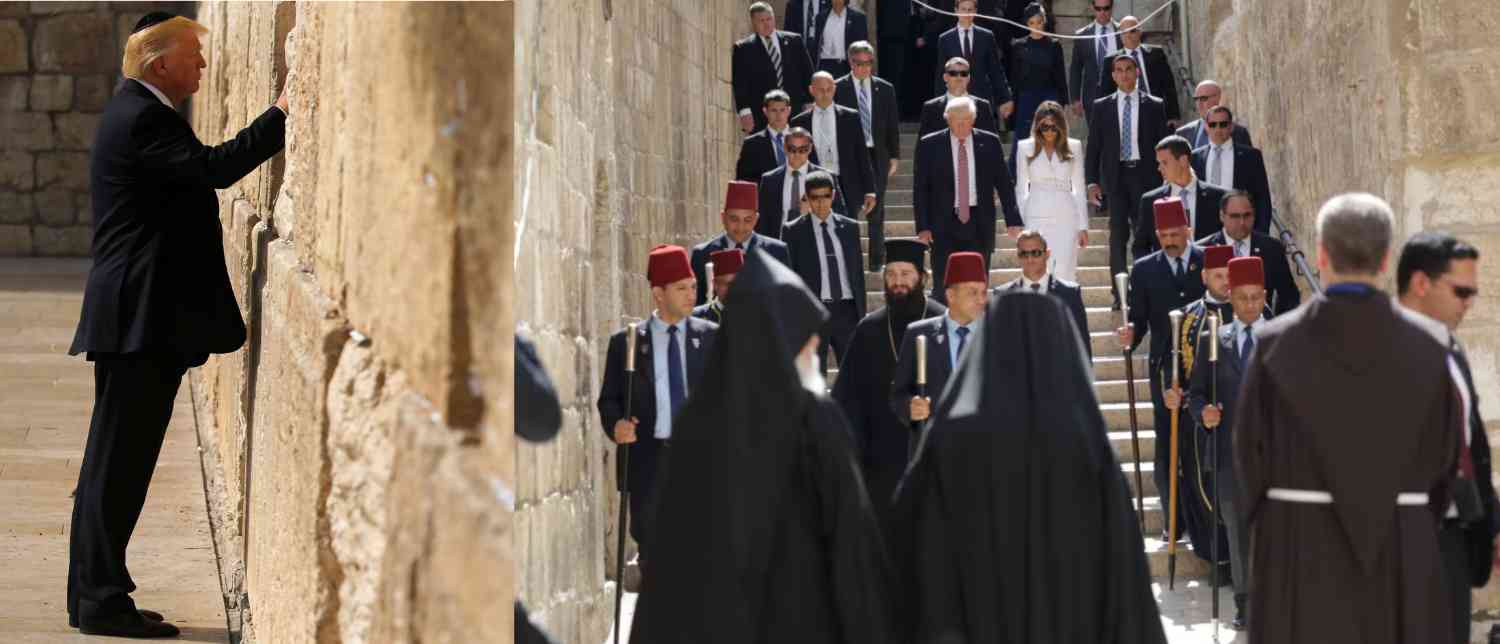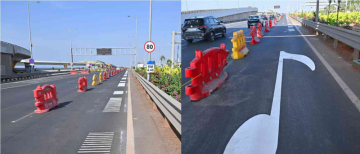In recent years, one of the most unusual debates in American politics has been about the "Wailing Wall," also known as the Western Wall in Jerusalem. For those who don’t know, the Wailing Wall is a sacred site for Jews around the world. It is the last remaining part of the Second Temple, destroyed nearly 2,000 years ago, and is seen as a holy place for prayer and reflection. Yet, what surprises many people is how much this wall, thousands of miles away in Israel, has become a talking point — and sometimes even a tool — in American political life.
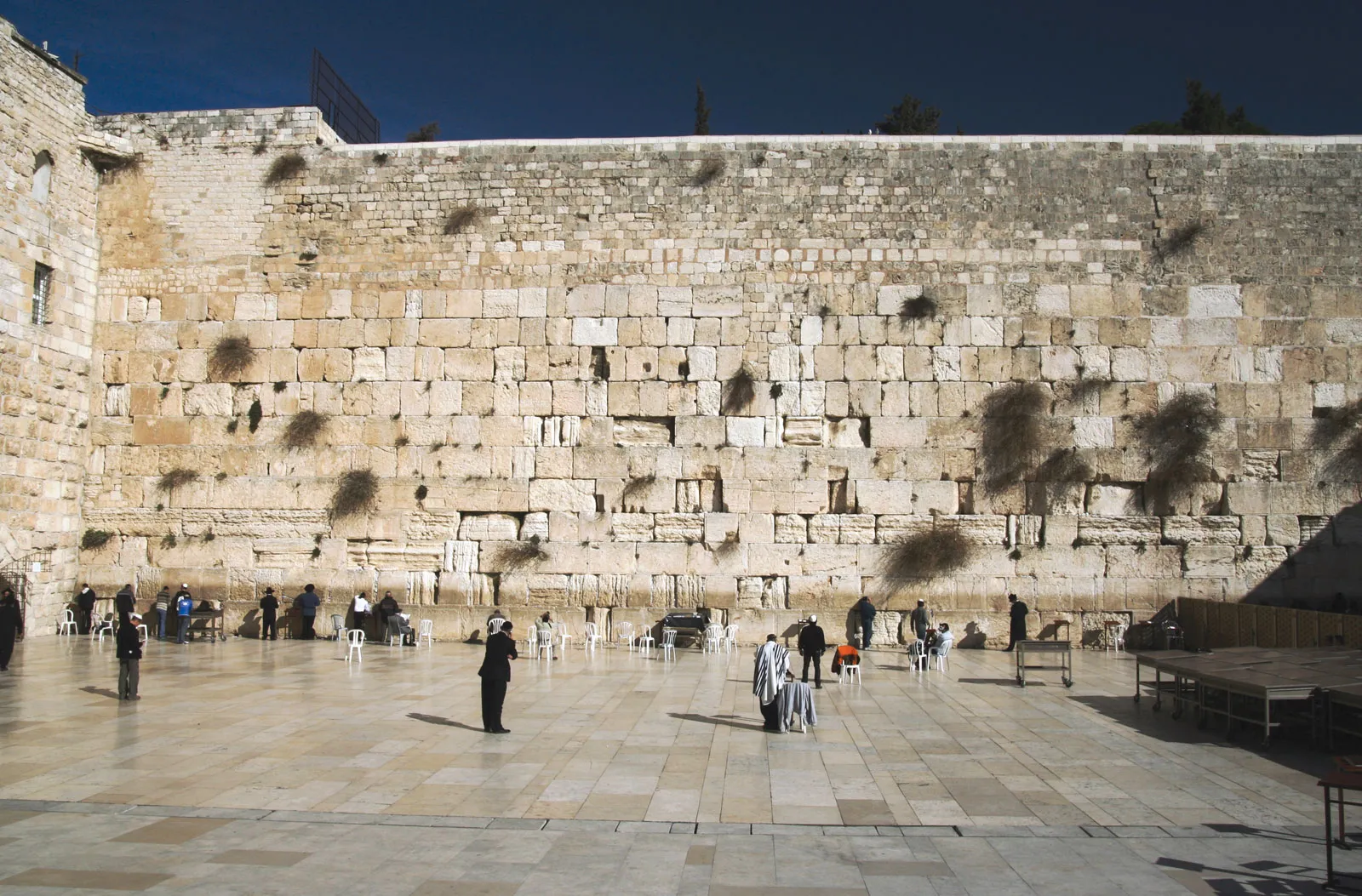
Why an Ancient Wall Matters in U.S. Politics
The United States is far from Jerusalem. So why do American politicians often refer to or even travel to the Western Wall? The simple reason is influence. Within American politics, support for Israel has long been a bipartisan position. Leaders from both major parties often show symbolic support for Israel by visiting the wall or mentioning it in speeches. It has become almost a political requirement during foreign trips to Israel. A politician photographed placing a note of prayer in the cracks of the wall sends a strong message back home: “I support Israel.”
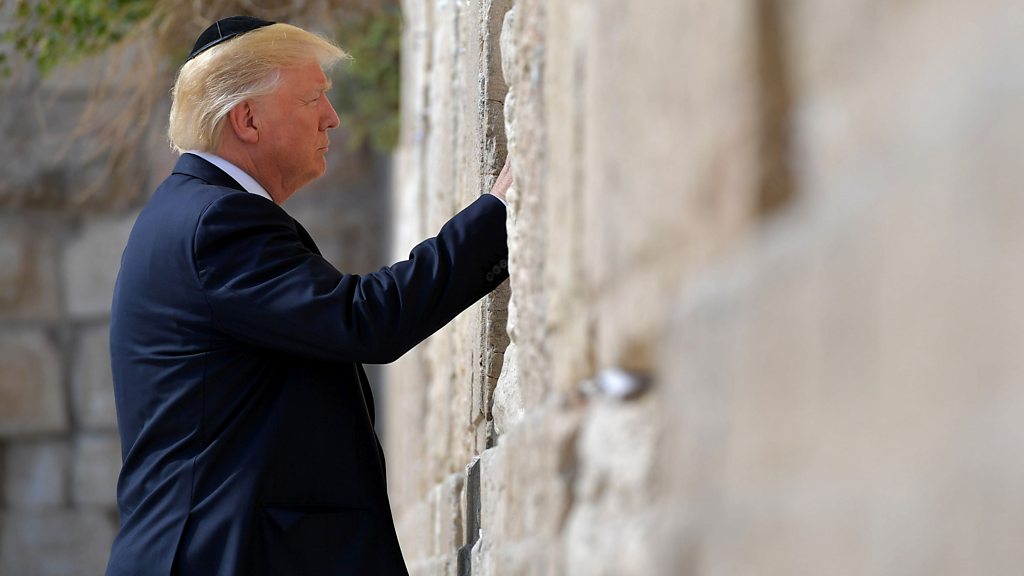
For some Americans this tradition is touching, because it shows respect for Jewish heritage and Israel’s security. For others, it appears strange — after all, the U.S. has its own pressing domestic challenges, like healthcare, education, and inflation. Critics argue that overemphasis on symbols abroad shows how much global religious politics tie into Washington decisions.
Is It Just Symbolism, or More?
Many experts say this connection is not only symbolic. The U.S. provides billions of dollars in aid to Israel every year. According to figures released by the Congressional Research Service, Israel has received over $150 billion in aid since its founding. A significant portion of this is military assistance. Political analysts believe that visits to the wall are not simply acts of faith, but also signals of ongoing strategic partnership.
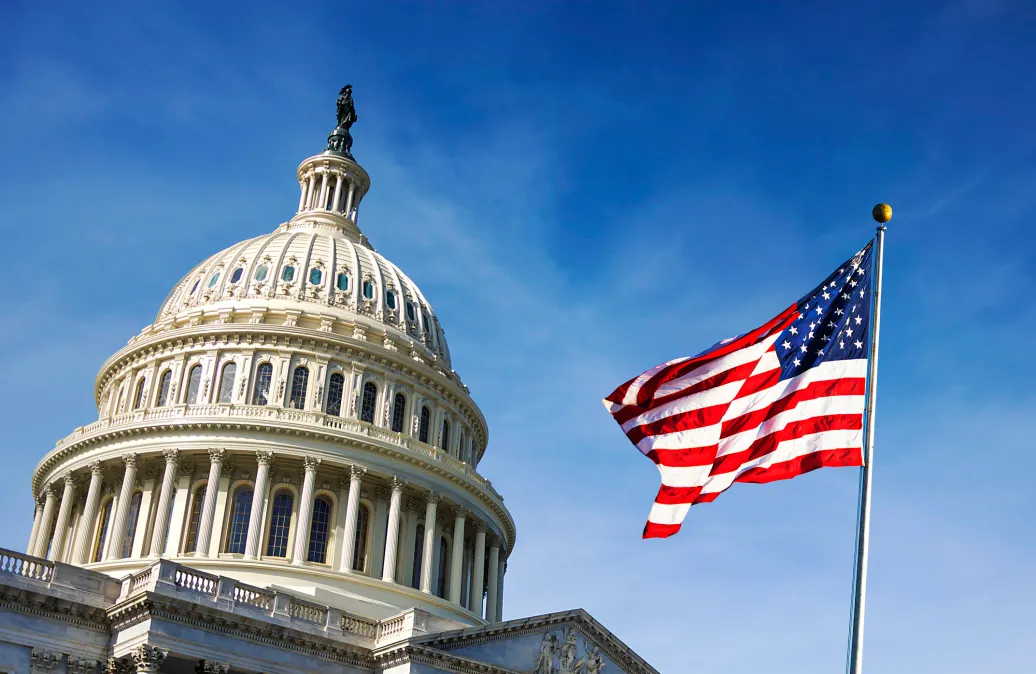
This is where the “supremacy” of the Wailing Wall in American politics becomes bizarre to observers. Imagine if Congress members frequently traveled to Rome to publicly pray, or went to Buddhist shrines in Asia during campaigns — it would raise eyebrows. Yet when they go to Jerusalem, it is widely accepted.
A Deep Cultural Link
Part of the reason is America’s own religious base. Polling by the Pew Research Center shows that evangelical Christians in the U.S. strongly support Israel, often seeing its presence in biblical terms. For them, the Wailing Wall is not just a stone wall; it is part of religious prophecy. This makes it a powerful symbol in debates. Politicians who appeal to evangelical voters make sure to connect themselves visibly to sites like the Western Wall.

Jewish Americans, while making up only about 2% of the population, also hold important cultural and political influence, especially in cities like New York, Los Angeles, and Miami. Their historical and spiritual connection to the wall gives meaning to political gestures.
What Ordinary People Think
Interestingly, ordinary Americans are divided on whether this level of focus makes sense. A Gallup poll earlier this year showed that while a majority of Americans still support Israel, younger generations are more skeptical. Gen Z and Millennial voters often question why foreign policy seems so tied to policies in the Middle East. Many would rather see attention placed on domestic issues instead of symbolic visits to religious landmarks.
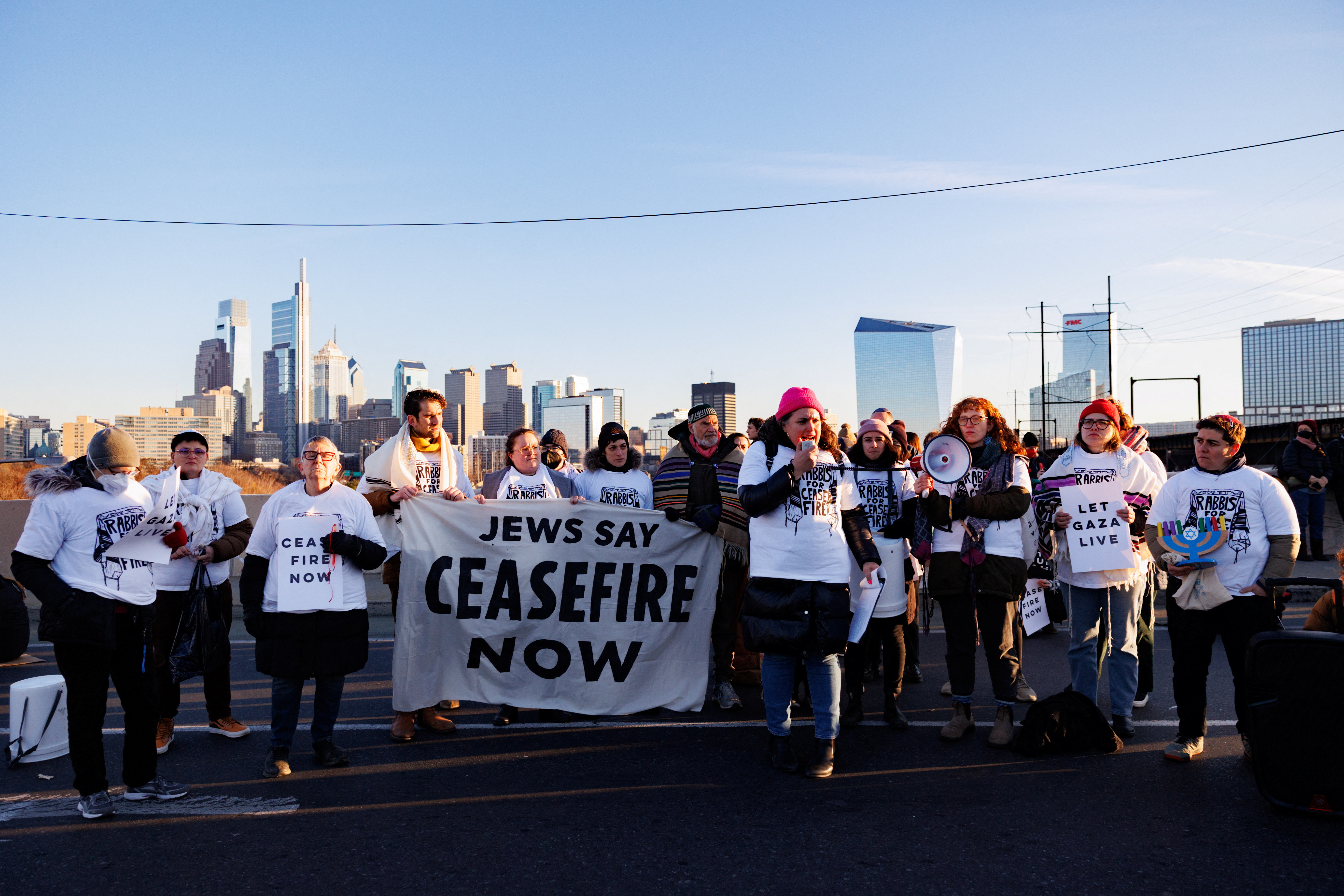
Social media adds to the debate. Some users mock the spectacle of candidates posing at the Wall, calling it “political tourism.” Others defend it, saying it shows leadership and cultural respect in a globalized world. Either way, online platforms amplify voices questioning whether America allows foreign symbolism to play a bigger role than it should.
Strange but Predictable
Calling the influence of the Wailing Wall on American politics bizarre is not unfair. It does look unusual when leaders in the world’s most powerful democracy seek political credit from a 2,000-year-old religious wall. Yet, when you think about it, it is also predictable. Politics is about symbols and emotions as much as policies. Just as American leaders visit Arlington Cemetery to honor fallen soldiers or pose in front of the Statue of Liberty for campaign ads, visiting the Western Wall fits into the political tradition of using meaningful landmarks.
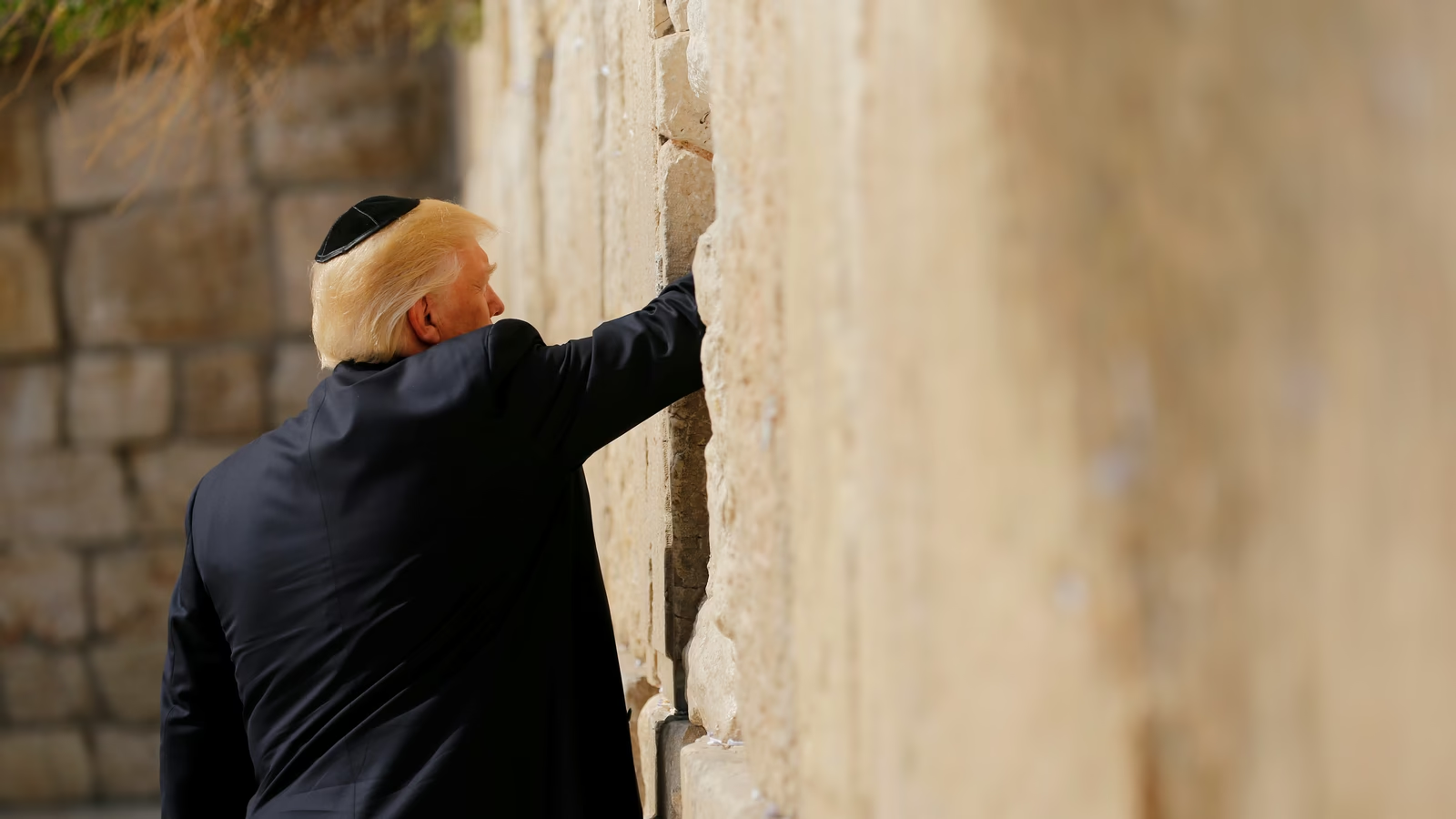
The difference here is that the wall is not on U.S. soil. Its importance is borrowed from another nation’s history, showing how closely intertwined American politics is with global affairs — especially Israel. Some might see this as overreach, others as proof of friendship, but either way it reveals how politics often stretches beyond borders.
Looking Ahead
As the U.S. prepares for future elections, it is likely that the Wailing Wall will again appear in photo opportunities. Candidates will likely continue this practice, because symbols matter, and voters — whether Jewish, Christian, or simply politically aware — notice these gestures. The debate over whether this is proper or bizarre will continue, reflecting deeper questions about how much American politics is shaped by faith, foreign relations, and symbolism far outside its borders.
For now, the Wailing Wall remains not only a sacred place for millions but also an unlikely, even strange, stage in America’s political theater.
With inputs from agencies
Image Source: Multiple agencies
© Copyright 2025. All Rights Reserved. Powered by Vygr Media.

